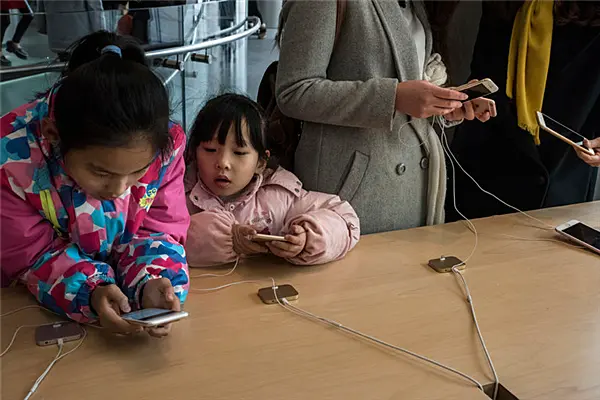Since 2010, Yu Kai has followed the ritual every year: When a new Apple iPhone comes out, he gets rid of his old one and heads to a store in Beijing to buy the latest model.
This year, however, he held back.
Instead of buying the iPhone 6s, he has been waiting to see what the next iPhone looks like, and he said he might even switch to a model by a different maker.
In China, where Apple has been a signifier of wealth and fashion, Yu, 29, is not an outlier.
Apple's second-quarter earnings report Tuesday showed how hard it can be to keep the attention of China's fickle and increasingly hard-to-impress consumers, as sales in mainland China fell 11 percent compared with the same period a year earlier.
China's young, middle-class consumers are increasingly willing, analysts say, to try phones from the many competitors — including Huawei, Meizu and Xiaomi — that seek to compete with Apple on technical specifications and aesthetics but offer their models at a few hundred dollars cheaper.
Apple also faces other obstacles in China. Last week, the company's iBooks Store and iTunes Movies services were shut down by a Chinese regulator, just six months after they started operating. The rare about-face by China suggests that Apple could face further pressure as the Chinese government increases its scrutiny of U.S. companies' operations within its borders.
One challenge for Apple's sales this year is that its most recent models do not represent a big leap from the previous generation.
"Everyone bought a 6 series," Steven Pelayo, a technology analyst at HSBC in Hong Kong, said by email, referring to models introduced in late 2014. They "were less inclined to upgrade to a 6s, which only had very minor changes," he added.
The iPhone's weaker sales also reflect the broader slowdown in growth in China's enormous smartphone market. Jason Low, an analyst in Shanghai with the research group Canalys, said he expected the Chinese smartphone market to grow only 4.7 percent in 2016. As recently as 2013, it was growing 50 percent annually.
"If you look at the entire market, Apple cannot fight off so many competitors, like Samsung and local brands like Huawei and Oppo," he said. "They're all trying to raise the average selling price, and that will bleed into Apple's sales flow."
(THE NEW YORK TIMES)
 简体中文
简体中文

